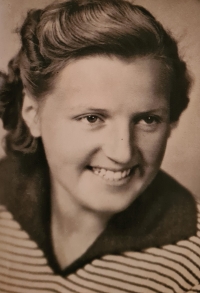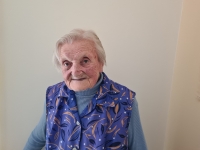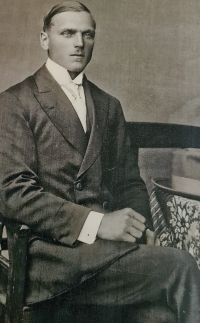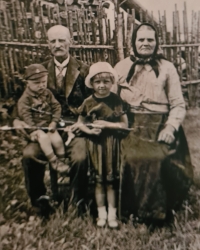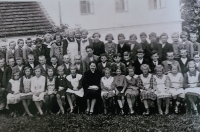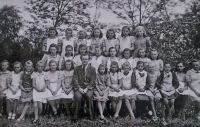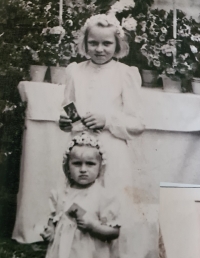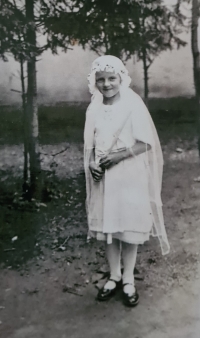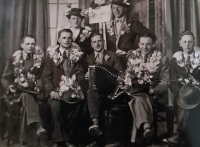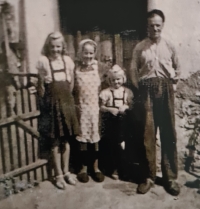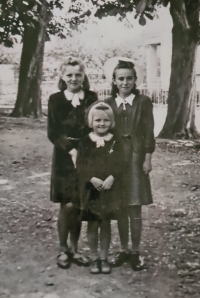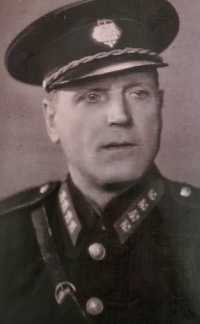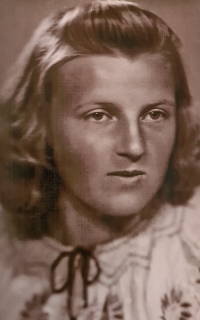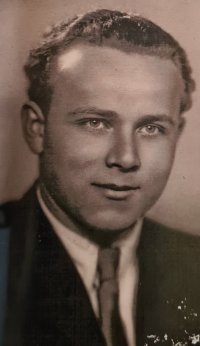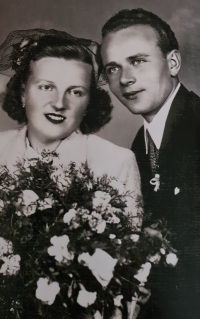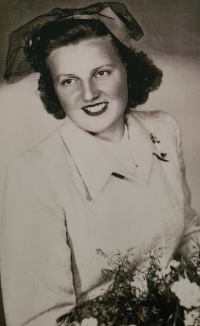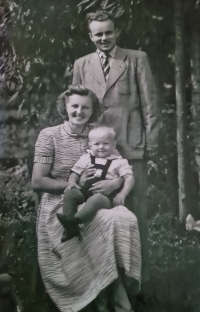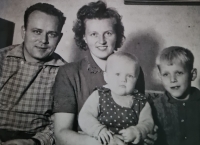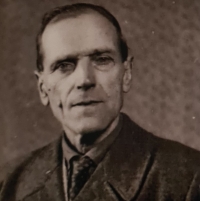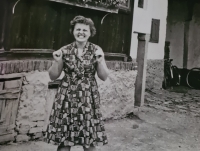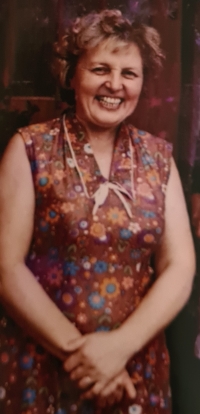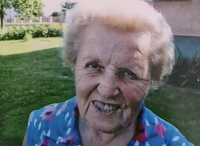First they took the bells out of the village and then all the Jews
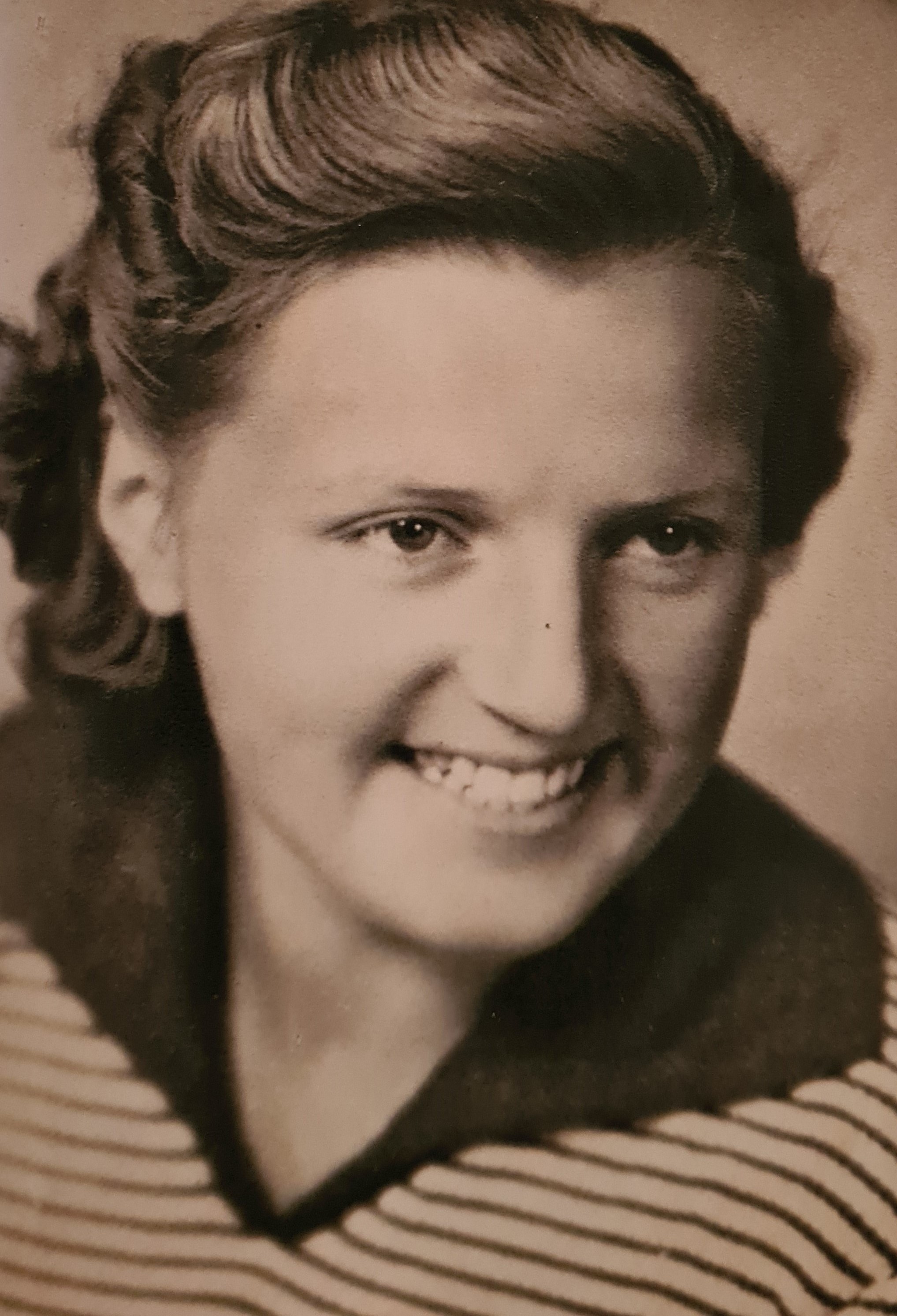
Download image
Marie Mikolášková, née Zemanová, was born on 23 December 1929 in Chrášt’any near Týn nad Vltavou in the family of the blacksmith František Zeman. The Zemans were friends with the local Jewish Springer family. At a time when the rights of Jews in the Protectorate of Bohemia and Moravia were severely restricted, Marie and her entire family helped them. At the end of the war, she witnessed the violent behaviour of the Soviet soldiers-liberators. In 1951 she married Miroslav Mikolášek and together they raised two sons. A strong believer, she kept her faith even during the communist totalitarianism. Because of her faith, her son had trouble getting into college. She herself has completed only general school and has not received higher education. All her life she worked as a canteen worker at the Silon company in Sezimovo Ústí, and in retirement she earned extra money as a cleaner at the primary school in Chrášt’any. In 2023 Marie Mikolášková lived in a home for the elderly in Bechyně.
